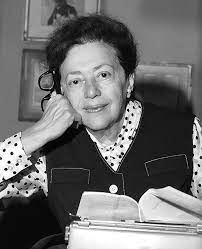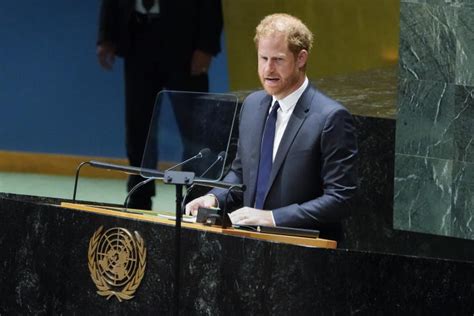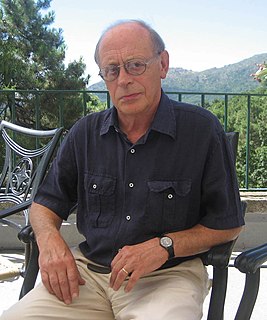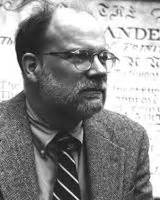A Quote by Diana Trilling
Unrecognized alcoholism is the ruling pathology among writers and intellectuals.
Quote Topics
Related Quotes
We have seen many other not just writers and intellectuals, but including writers and intellectuals in the Muslim world being attacked and murdered by Islamic fanatics, accused of exactly the same things that I was, these medieval crimes of apostasy And heresy, but then broadening from that into a broader attack on all of us.
In the final analysis, national struggle is a matter of class struggle. Among the whites in the United States, it is only the reactionary ruling circles that oppress the black people. They can in no way represent the workers, farmers, revolutionary intellectuals and other enlightened persons who comprise the overwhelming majority of the white people.
Pathology, probably more than any other branch of science, suffers from heroes and hero-worship. Rudolf Virchow has been its archangel and William Welch its John the Baptist, while Paracelsus and Cohnheim have been relegated to the roles of Lucifer and Beelzebub. ... Actually, there are no heroes in Pathology-all of the great thoughts permitting advance have been borrowed from other fields, and the renaissance of pathology stems not from pathology itself but from the philosophers Kant and Goethe.
They [intellectuals] coined most of the slogans that guided the butcheries of Bolshevism, Fascism, and Nazism. Intellectuals extolling the delights of murder, writers advocating censorship, philosophers judging the merits of thinkers and authors, not according to the value of their contributions but according to their achievements on battlefields, are the spiritual leaders of our age of perpetual strife.
Intellectuals love Jefferson and hate markets, and intellectuals write most of the books. Intellectuals often think that they should, for the benefit of mankind, act as fiduciaries for the clods who don't have to be intellectuals, and I suspect that has to do with [why historians love Jefferson and not Hamilton, even though Hamilton's vision of America's commercial future was vastly more accurate than Jefferson's].
In the century that has just passed, many of the intellectual elite went mad. It was as if, with the death of God, everyone suddenly turned into a saviour who wanted either to annihilate the obsolete world order or to establish a utopia. Naturally, there were writers among those who went mad. The fact that they had knowledge did not exempt intellectuals: there is madness everywhere. When one loses control over one's self, the result is madness.
If the decline of Christianity created the modern political zealot - and his crimes - so the evaporation of religious faith among the educated left a vacuum in the minds of Western intellectuals easily filled by secular superstition. There is no other explanation for the credulity with which scientists, accustomed to evaluating evidence, and writers, whose whole function was to study and criticize society, accepted the crudest Stalinist propaganda at its face value. They needed to believe; they wanted to be duped.




































